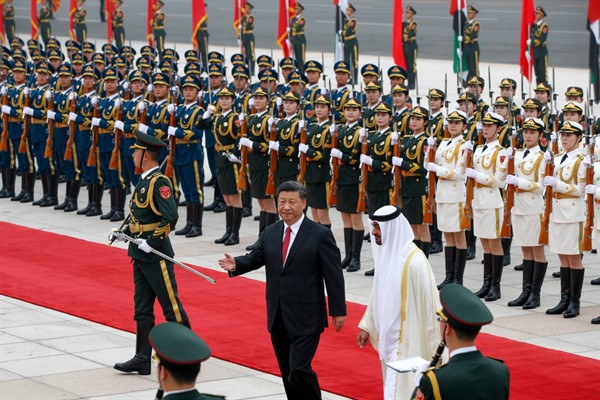A chorus of condemnation has risen in recent months from Western capitals in response to China’s persecution of the Uyghurs and other Muslim minorities in Xinjiang. The United States, European Union, United Kingdom and Canada have imposed sanctions on Chinese officials, and U.S. President Joe Biden has maintained his predecessor’s stance that Beijing is committing “genocide” in Xinjiang—a position that the Canadian and British Parliaments also back.
Yet, governments of Muslim-majority countries have so far largely refrained from criticizing China over its actions in Xinjiang. Why? There are justifiable fears that their relations with Beijing would suffer if they condemned the repression of the Uyghurs. Virtually all Muslim-majority countries have strong relations with China, which have significantly deepened in the past few decades. Chinese Foreign Minister Wang Yi’s tour of the Middle East in late March underscored these growing ties.
China has so much economic and geopolitical clout that most governments want to avoid risking any clash with Beijing, especially on issues that China’s government views as internal matters. Indeed, some governments of Muslim-majority states have even defended Beijing’s heavy-handed approach as necessary to combat “terrorism, separatism, and religious extremism” in Xinjiang.

